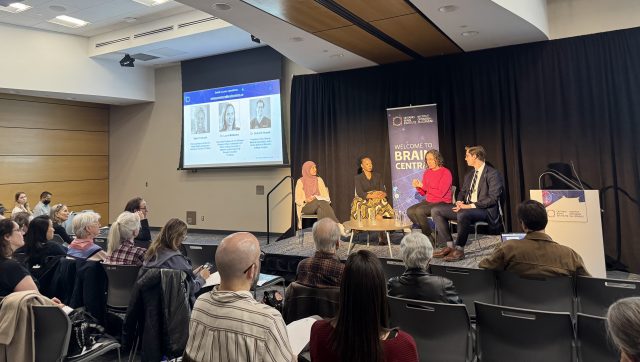Hemmingway said: “I love sleep. My life has a tendency to fall apart when I’m awake, you know”. Well sleep isn’t just important for escaping life’s worries. It’s actually critical for healthy living. Although it isn’t well understood exactly why we need to sleep, it is clear that we cannot function without it. In the short-term, sleep deprivation causes memory problems, impaired immune system function, attention deficit, and even hallucinations. Chronic sleep deprivation is associated with an increased risk of heart disease, type 2 diabetes, and obesity. Research shows that we need to get regular, consistent sleep (ideally about 8 hours).
WHAT SCIENTISTS KNOW:
- Sleep is necessary for the brain to function, and helps you learn new information.
- Sleep disorders are common and treatment can improve brain function.
- Sleep disorders can aggravate other brain conditions, such as epilepsy, stroke, and learning and memory problems.
- Insufficient sleep (most people need about 8 hours nightly) is the most common cause of excessive daytime sleepiness and can cause accidents and traumatic brain injury.
- Sleep changes can provide important clues about brain disorders such as depression and Parkinson’s disease.
- Learning and memory deficits are more common in people that get less than 6 hours of sleep per night.
WHAT YOU CAN DO:
You can take control of your brain health. Here are some tips on how to maximize the benefits of sleep on your brain:
- Get more sleep. Most people need between 7.5-8.5 hours. Sleep plays a role in restoring your brain so that you are ready to face another day. If you don’t get enough sleep, you might be increasing the risk of problems later on.
- Avoid alcohol, especially in the evenings. Alcohol (even at 5pm “happy hour”) can have negative effects on your sleep. Chronic alcohol use prevents a person from reaching “deep sleep” and may increase their risk for brain disorders.
- Take a warm bath before bed and turn down the thermostat. You may find it easier to fall asleep when your body temperature drops slightly (although not everyone will find this). Sleep at a comfortable temperature.
- Stick to a schedule. The quality of sleep is impacted by irregular sleep patterns.
- Visit a sleep clinic if you have excessive daytime sleepiness, if your sleep does not feel satisfactory, or if there are abnormal movements in sleep. If there is a history of snoring and/or gasping arousals, you may have a sleep disorder like sleep apnea. This can increase your risk for brain disorders, if left untreated.
Celebrate Brain Awareness Week by taking control of your brain health. Make sure you are getting about 8 hours of sleep every night.
With thanks, ideas contributed by:
- Dr. Elliott Lee, Royal Ottawa Mental Health Centre
- Dr. Brian Murray, Sunnybrook Health Sciences Centre, and University of Toronto



